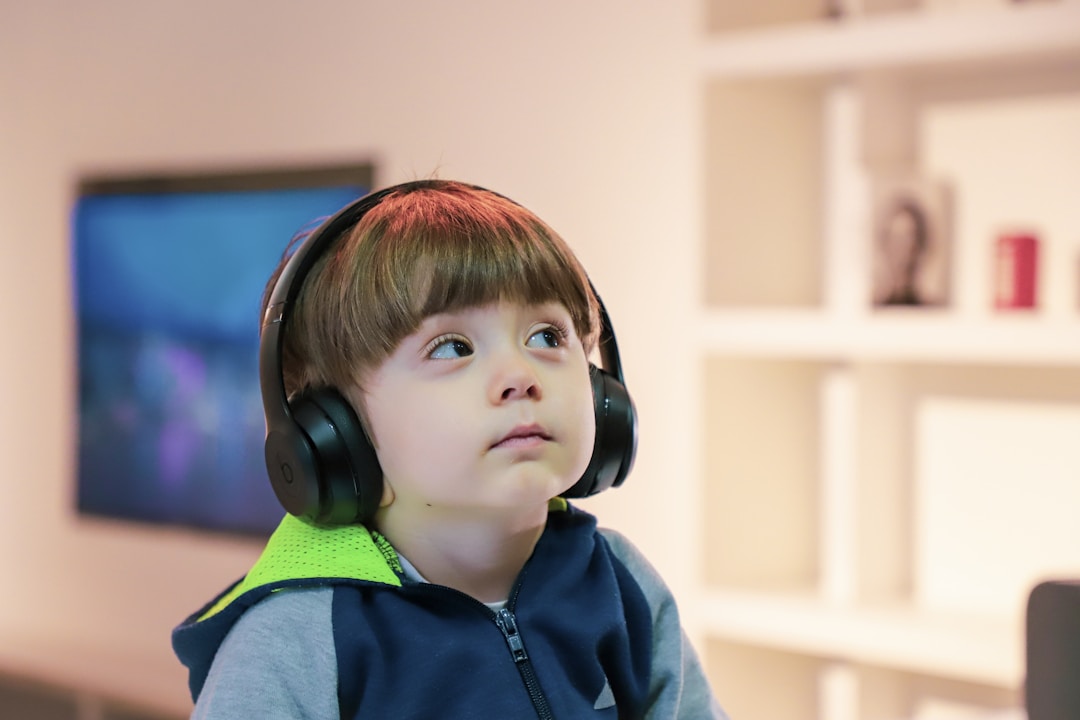this is a page for
Daily Archives: June 29, 2023
Autism spectrum disorder (ASD) affects how individuals communicate with and relate to others. For social workers who engage with autistic children, understanding their unique needs and challenges is essential to building a strong and supportive relationship. In this article, we will discuss practical tips and strategies that can help social workers communicate more effectively with autistic children.
Understanding Autism and Individual Needs

Before engaging with autistic children, it is important for social workers to educate themselves about the basics, including symptoms, possible causes, and treatment options. Additionally, understanding that autism is a spectrum disorder means recognizing that autistic may display a wide range of behaviors and abilities. While some children may be unable to speak or make eye contact, others might have advanced language skills or be highly sensitive to certain sensory inputs.
Researching autism and keeping up to date with the latest available resources can be invaluable for social workers. An effective starting point is to pursue an online social work degree, which can provide comprehensive education on working with diverse populations and special needs children. Moreover, seeking out professional development opportunities and workshops on autism can help social workers acquire specialized knowledge and skills needed to effectively support autistic children.
One key aspect to remember is that every autistic child is unique. Consequently, social workers should approach each child as an individual with specific preferences, strengths, and challenges. Listening to the child and their family, and learning about their experiences, can provide valuable insights into the best communication strategies for each case.
Building Trust and Creating a Comfortable Environment
Forging a strong connection with autistic children often depends on providing a comfortable and supportive environment where they feel safe and understood. This includes reducing potential stressors and creating a calming atmosphere. For instance, minimizing bright lights, loud noises, and other sensory distractions can be beneficial for children with sensory sensitivities.
Another essential element in building trust is adopting a patient and non-judgmental attitude. Social workers must be willing to adapt their communication style to the child’s needs, which could involve embracing non-verbal communication methods such as gestures, visual aids, or even augmentative and alternative communication (AAC) devices. Respecting the child’s pace and personal boundaries, as well as offering choices and encouraging autonomy, can contribute to a more positive and trusting relationship.
Moreover, social workers can use the child’s interests to foster rapport and encourage engagement. Children with autism often have specific passions or areas of expertise, which can be leveraged to build connections and stimulate conversation. For instance, the introduction of a relatable character such as Bruno Thomas and Friends can help pique the child’s interest and facilitate communication.
Effective Communication Strategies

Developing effective communication strategies tailored to the individual needs of autistic children is crucial for social workers. One essential practice is adopting clear, concise, and literal language. This may involve breaking down complex requests into smaller steps and avoiding the use of idioms or metaphors that could be confusing.
Additionally, social workers should be mindful of their non-verbal cues, such as tone of voice, body language, and facial expressions. Being aware of these cues can help maintain a consistent and clear message, while also reducing potential sources of anxiety or confusion for the child.
Finally, giving the child enough time to process and respond to information is vital. Some autistic children may require additional time to process spoken language or formulate a response. Patience and understanding from the social worker can significantly improve communication with these children, fostering a strong and supportive relationship.
Collaborating With Family Members and Professionals
Cooperating with other professionals involved in the child’s care, such as teachers, therapists, and doctors, as well as actively involving family members in decision-making processes, can greatly enhance the effectiveness of a social worker’s intervention. By sharing information and working together, everyone involved in the child’s life can develop a more comprehensive understanding of the child’s unique challenges and strengths, which can ultimately result in improved support and care.
Furthermore, families can provide valuable insights into the child’s communication preferences and techniques that have previously proven effective. By incorporating these strategies into their work, social workers can facilitate better communication with the child and contribute to a more positive experience for the entire family.
Ultimately, working together and maintaining open lines of communication between all parties involved is the key to successfully supporting autistic children.
Overall, by understanding the unique needs and challenges of autistic children, creating a comfortable environment, adopting effective communication strategies, and collaborating with other professionals and family members, social workers can significantly improve their ability to engage with and support these children. With patience, understanding, and a genuine commitment to their well-being, social workers can have a lasting and meaningful impact on the lives of autistic children and their families.
